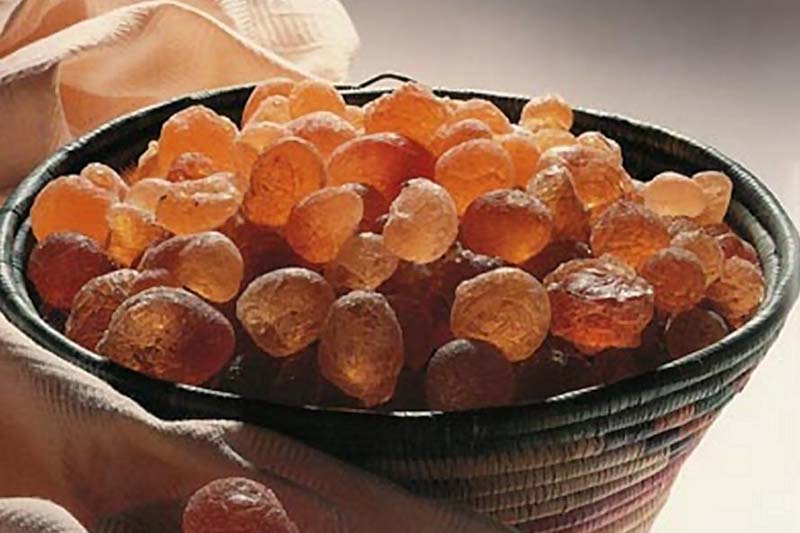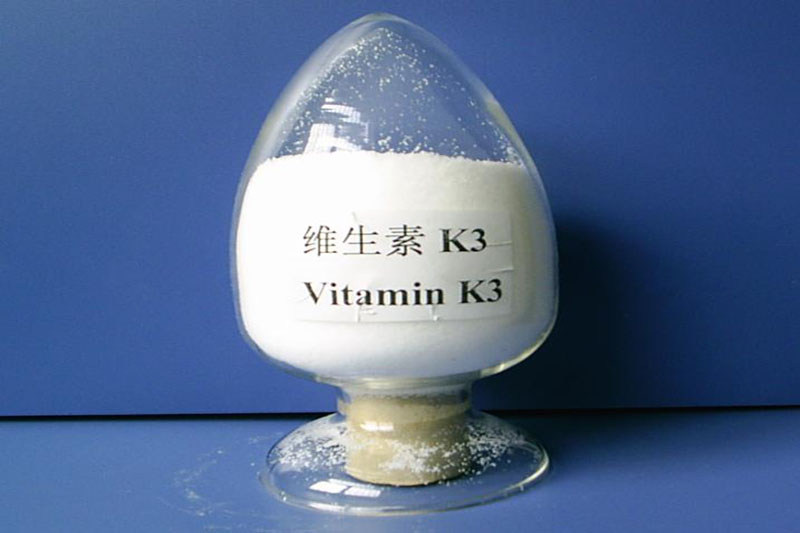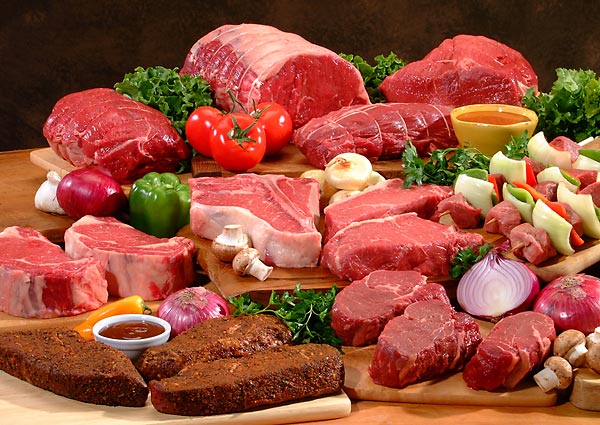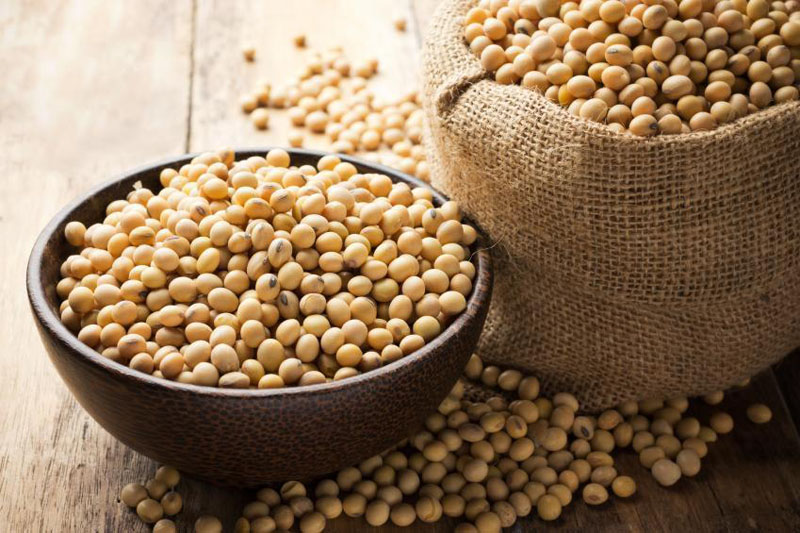Does anyone know if Sodium Alginate E401 is gluten free? 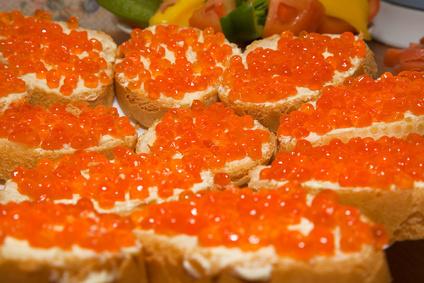
Yes, Sodium Alginate E401 is gluten free and widely used in gluten free food used as a food thickening, stabilizing, gelling and film forming in a wide range of food, pharmaceutical, industry and special applications. SODIUM ALGINATE E401 is extracted from various species of brown seaweed by multi-step process using advanced technology. It is a natural high-molecular polysaccharide and water soluble biopolymer at colloidal nature when hydrated.
Why is Sodium Alginate E401 gluten free?
Gluten is a type of elastic grain protein that helps wheat, rye and barley hold their shape. Because of its glue-like properties, gluten is often added to other food products—pasta, sauces, crackers, baked goods—to thicken or bind those products together. Raw materials used in manufacturing of Sodium Alginate are alginic acid derived from kelp and calcium salt; So The manufacturing process of Sodium Alginate is gluten free. So, Sodium Alginate E401 is gluten free.
What foods contain Sodium Alginate E401?
Sodium Alginate E401 can avoid the formation of ice crystals and make the product tasty. It also applies to mixed drinks, ice lolly, iced fruit juice and iced milk, etc. Sodium Alginate E401 can keep the product fine and avoids spliting open if it is used as a cover of mild food. It can raise the product’s stabilization and decrease the liquid out when it is used in salsa flavoring, pudding jam, tomato ketchup and canned products.Sodium Alginate E401 is suited to make all kinds of gel products with good stability.
Why should you go Gluten free, Gluten free foods are good or not?
People with celiac disease or Gluten intolerance or sensitivity should intake gluen free foods. Nowadays more and more groceries and health food stores stock gluten-free products. That’s good for people with celiac disease, who for health reasons should not eat wheat with gluten. The market for gluten-free products is exploding. Many people may just perceive that a gluten-free diet is healthier.
Is it necessary for all people to eat gluten foods? In fact, it isn’t. For people with celiac disease, a gluten-free diet is essential. But for others, unless people are very careful, a gluten-free diet can lack vitamins, minerals, and fiber.
How to avoid Gluten ingredients?
Someone is strict adherence to a gluten-free diet for life. It requires knowledgeable nutritional counseling and frequent updates as commercial food contents change. must be alert to hidden sources of gluten such as HVP/HPP (hydrolyzed vegetable/plant protein). Today’s processed and packaged foods have many hidden sources of gluten, which can be unintentionally ingested. To be safe, a person should read ingredients on labels every time they purchase food as manufacturers frequently change ingredients.

